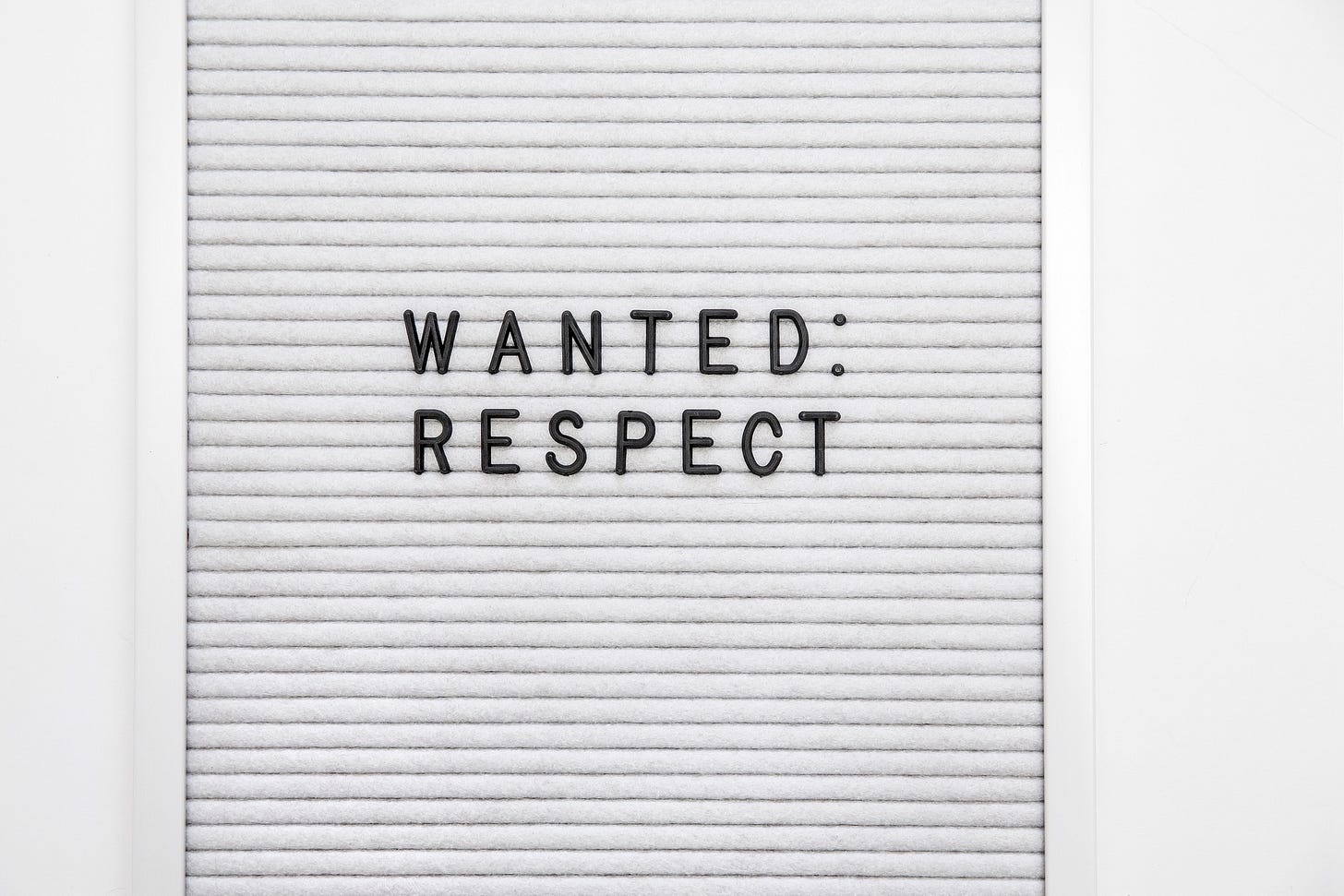Feminists have been wringing their hands again about the state of feminism. This particular brand of feminist discourse comes around every few years probably because talking about feminism in broad, sort of vague ways is a lot easier than dealing with the many issues feminism is invested in addressing.
A lot of this discourse is an understandable response to the looming threat of Roe v. Wade being overturned. A great many people thought the matter of women’s bodily autonomy had been decided. They assumed that because a person’s right to choose abortion was (mostly) legal, it would always be legal, even though abortion activists have long warned that this was possible. We’ve also seen how many states have systematically dismantled reproductive freedom, so this can only come as a surprise to those who have not been paying attention.
Michelle Goldberg wrote about how feminism is struggling and younger people, in particular, don’t identify as feminist or believe feminism is a good thing. There is nothing wrong with her essay but I am surprised by how often we accept the results of one study as an indication of anything. Susan Faludi, author of the ovular work Backlash, wrote about how feminism is struggling because of the feminist cult of personality and the ills of celebrity feminism. The piece is run through with condescension and the assumption that people are not bright enough to engage with feminism beyond celebrity. I actually wrote about celebrity feminism eight years ago. There is no need to panic! It’s fine if celebrities publicly claim feminism. It certainly doesn’t harm the cause.
There have been many other pieces where people lament the supposed failures of feminism, the backlash for the minor progress made with #MeToo, and of course, the lack of progress on the many other issues women are facing. It’s striking that feminism is always, always looking inward and assuming we are the problem when in fact, I am not at all convinced that there even is a problem.




